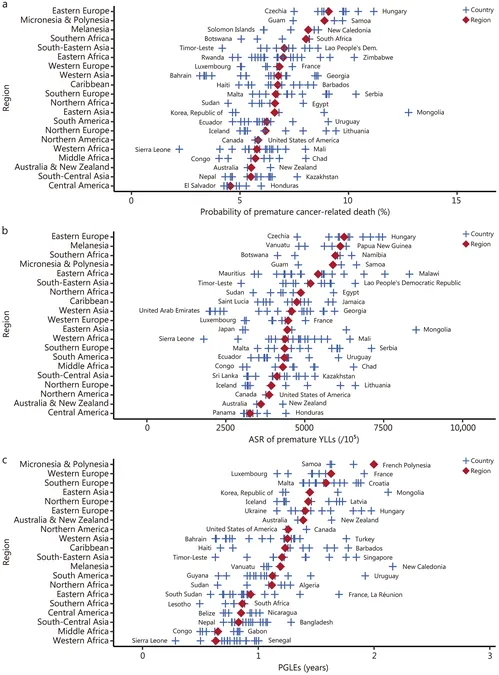
Shocking Link: Maternal Stress During Pregnancy May Trigger Childhood Eczema!
2025-08-29
Author: Mei
Could Maternal Stress Be the Hidden Cause of Eczema?
New groundbreaking research on mice suggests that maternal stress during pregnancy might play a significant role in the development of childhood eczema. Published in the prestigious journal Nature, this study sheds light on a biological mechanism that has remained elusive for years.
Understanding Pediatric Eczema
Pediatric eczema, also known as atopic dermatitis, is a widespread inflammatory skin condition that manifests as dry, scaly patches often accompanied by intense itching. The study indicates that increased levels of cortisol, a stress hormone, during pregnancy could trigger overreactions in the sensory neurons and immune cells of the developing baby's skin, paving the way for eczema.
The research team posits, "Our findings support a new model where early-onset eczema arises from immune system dysregulations in the fetus, driven by fluctuations in maternal glucocorticoids due to stress."
An Experiment Like No Other
To arrive at this conclusion, scientists conducted a series of experiments on pregnant mice. They subjected some of these mice to mild stress—placing them in narrow tubes under bright lights for half an hour, three times daily over five days. This treatment resulted in a considerable spike in cortisol levels in both maternal blood and amniotic fluid.
After birth, scientists recreated the mild friction that can trigger eczema in babies by gently rubbing the skin of the pups in typical eczema-prone areas. The results were staggering—almost all pups born to stressed mothers developed eczema-like symptoms, while those from control mothers, who experienced less stress, remained free from skin lesions.
Delving Deeper: Gene Studies Unveil More
The team further investigated by examining the baby mice's skin cells for gene behavior changes due to maternal stress. They discovered that a type of immune cell called a mast cell was hyper-responsive, primed to release histamine, a chemical responsible for itching and swelling.
In an interesting twist, the researchers created genetically engineered mice lacking mast cells. Remarkably, even when these mice's mothers were stressed, their offspring did not develop eczema.




 Brasil (PT)
Brasil (PT)
 Canada (EN)
Canada (EN)
 Chile (ES)
Chile (ES)
 Česko (CS)
Česko (CS)
 대한민국 (KO)
대한민국 (KO)
 España (ES)
España (ES)
 France (FR)
France (FR)
 Hong Kong (EN)
Hong Kong (EN)
 Italia (IT)
Italia (IT)
 日本 (JA)
日本 (JA)
 Magyarország (HU)
Magyarország (HU)
 Norge (NO)
Norge (NO)
 Polska (PL)
Polska (PL)
 Schweiz (DE)
Schweiz (DE)
 Singapore (EN)
Singapore (EN)
 Sverige (SV)
Sverige (SV)
 Suomi (FI)
Suomi (FI)
 Türkiye (TR)
Türkiye (TR)
 الإمارات العربية المتحدة (AR)
الإمارات العربية المتحدة (AR)